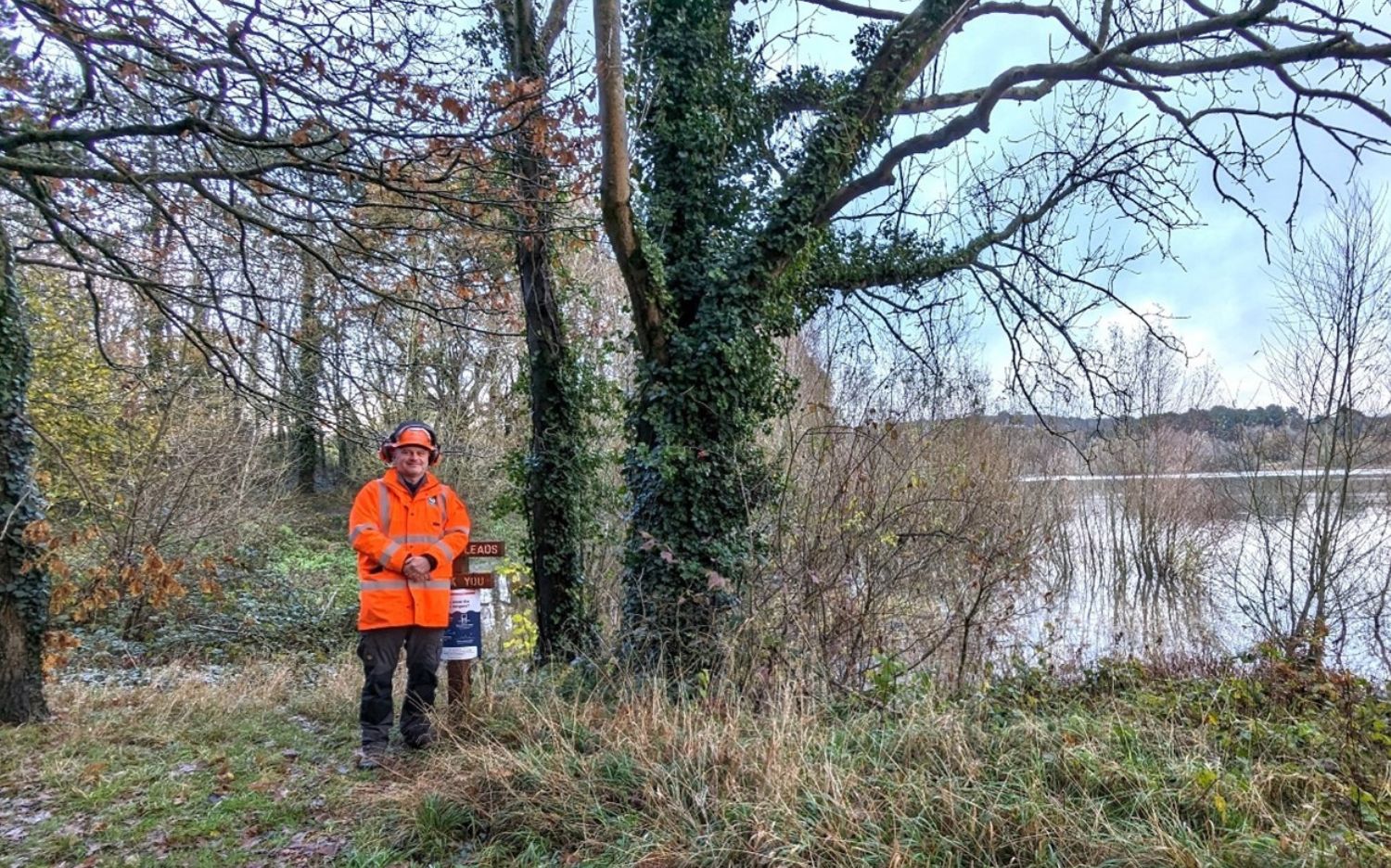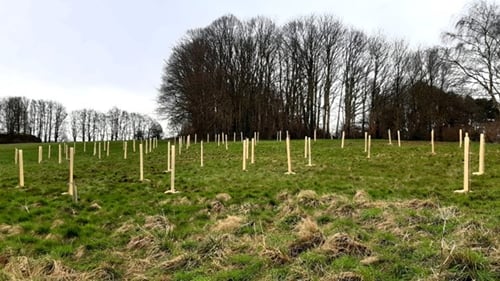
Unfortunately large areas of woodland around Blagdon Lake and Chew Valley Lake reservoirs have been badly affected by the disease that gradually kills ash trees.
To combat this, and to ensure public safety and to protect existing wildlife, we are running an ongoing project aimed at removing unsafe parts of ash trees whilst carefully maintaining roots and natural habitats.
It’s hoped the methods used, including mechanical arms to protect the forest floor, removing only the sides of diseased trees facing footpaths where possible, and leaving leftover vegetation for small mammals to use over the winter, will help protect and increase biodiversity.
Other measures aimed at enhancing the array of woodland wildlife are also taking place, with an area of land around Blagdon Lake being opened up to bring in more light – essential for speeding up sapling growth - as well as planting trees with similar ecological attributes to ash.
We are also increasing hedgerows around the lake and through woodlands to create wildlife corridors, providing further opportunities for a range of species to prosper.
It all forms part of our commitments to conserve and enhance natural spaces – many of which are designated Sites of Special Scientific Interest – and to provide healthy natural environments for everyone to enjoy.
Simon Hughes, our Treescape Officer (pictured), said: “Our sites connect to many other important habitats across the Mendips and if we want wildlife to thrive, we need to proactively maintain and enhance the areas we look after.
“A healthy natural environment benefits biodiversity, people and water resources. By carrying out this work in a sympathetic way, we have protected a delicate habitat that has taken many years to establish.”



